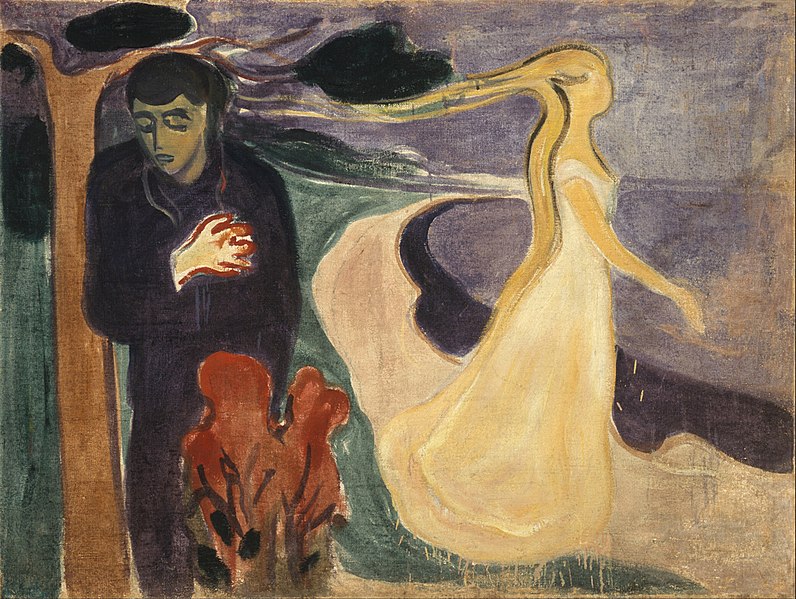“My brother ought not to have treated me thus.’ True: but he must see to that. However he may treat me, I must deal rightly by him. This is what lies with me, what none can hinder.”
Epictetus, 55 – 135 AD, Golden Sayings of Epictetus, as translated by Hastings Crossley
We are going to be mistreated by someone at some time, or many people, many times.
It may be in big ways or small, intentionally or unintentionally. It is just one of those things that is promised to us. When we are mistreated, most of us react, and reactions are emotional. We get angry, upset and we grasp the wrongful treatment with both hands, like a crab might his dinner.
Instead of taking a moment to think for ourselves as to what the correct behaviour is, we react in kind to their mistreatment of us. We can do this both overtly and covertly, whether by exploding in their face or by harbouring feelings of anger, hurt and hate. Either way we take complete ownership of their behaviour. We allow the emotion to overtake us and lodge firmly in our chest.
It’s a funny thing because this is one of those times when our feelings can be so strong, we are so sure of them; but once faced with reason, the absurdity of it all is so obvious.
And here is the reasoning: we were mistreated, yes; but what business is that of ours? Whose concern is their behaviour? Our only concern is our own behaviour. That is what we have the authority to change. It therefore makes sense to analyse it, mull it over, even agonise over it. But doing the same with someone else’s behaviour and their mistreatment of us, is utterly pointless. And that is meant quite literally; it is actively spending time on something, with no prospective outcome, it is a waste of both time and energy.
This is not to say that we should be doormats, never defending ourselves, or to avoid confrontation at all costs. What it is advising is that we not allow emotions ruin and rule us when we are mistreated. And that is no easy task. It can feel like every time we try to reason in a state of anger or upset, we are violently hit with a wave of emotion. But ride the wave and reintroduce reason, as many times as we must.
Absorbing and focusing on the mistreatment we receive, in order to react, is a complete waste of time, and is damaging to us alone.
By allowing ourselves to be overrun with emotion and engage with their mistreatment of us, we are committing ourselves to a sort of motionless suspension. Imagine we are suspended in mid-air, in front of our wrongdoer, thrashing about violently, and they aren’t even within our reach. It is expending all this energy and getting nowhere. Instead of joining them in this motionless state, we would we far better off to take that moment before we react and deciding to behave correctly regardless of their mistreatment. In doing so, we gently come back down to earth and continue on in progression, leaving them with their behaviour and the consequences. We needn’t suffer those consequences as well.




